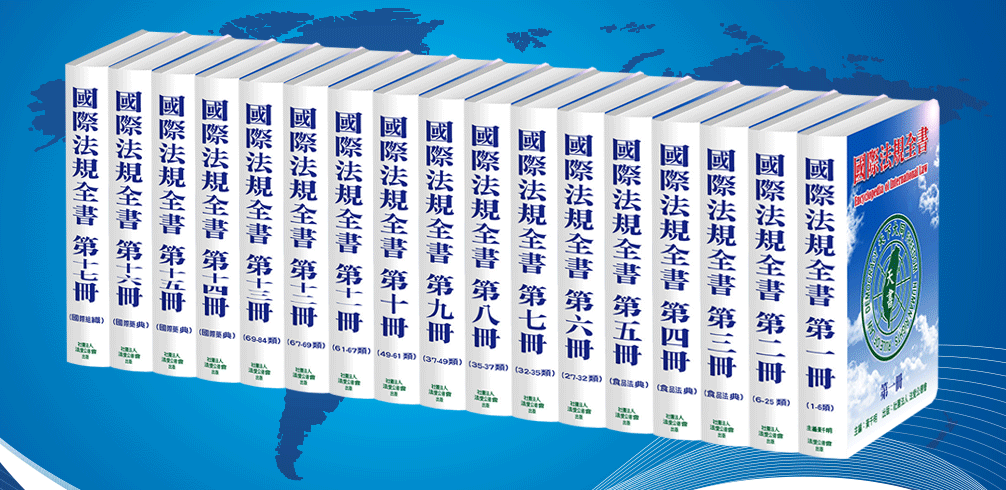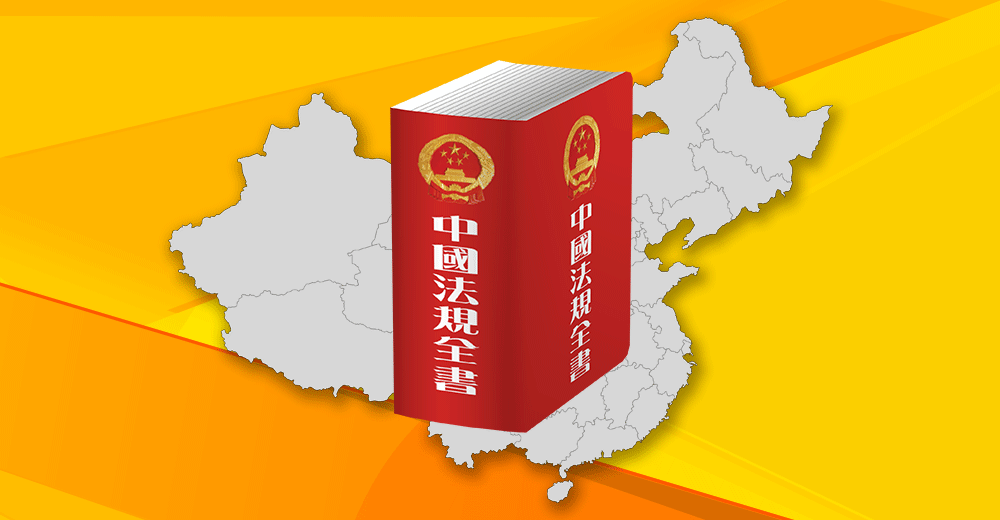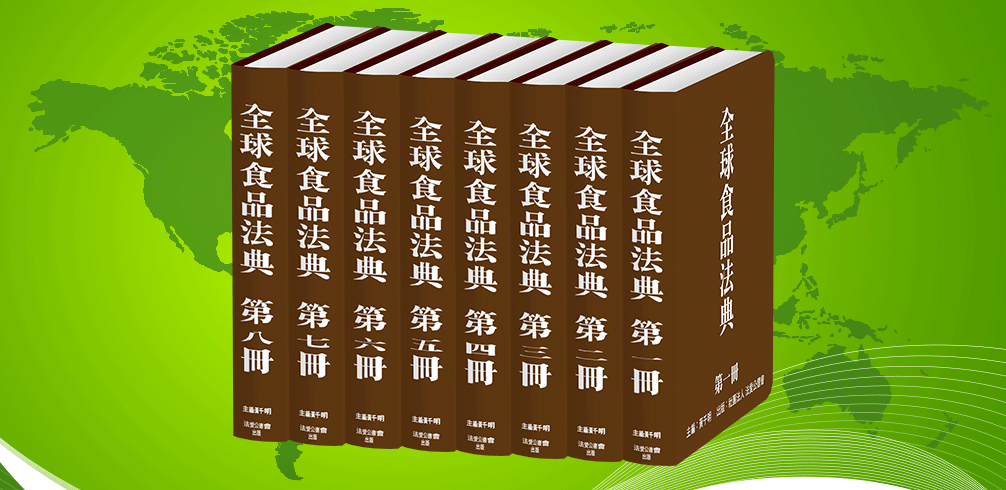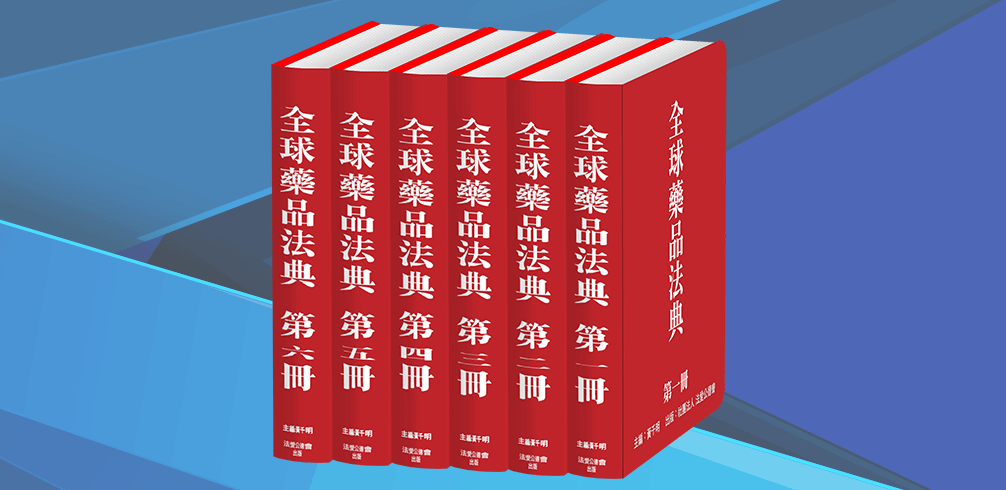The Charter for Permanent Peace Briefing Version
In view of the fact that mankind ultimate has only two paths to the future — peace and destruction — achieving peace and eliminating nuclear weapons is our sacred mission. To this end, we propose the following:
The Charter for Permanent Peace is offered to the world’s 249 political entities (including 193 UN members) and sub-national states, provinces, districts, etc., to use independently as part of a global system. The charters basic constitutional standards include two basic concepts — 1. Permanent Peace, and 2. Human unity — as well as 28 basic positions (thus the alternative title, the 228 Charter).
Constitutional principles under Unity: The basic principles underlying the charter are permanent peace, human unity, benefits for all, and no one shall be harmed; these tenets are incorporated in every provision of the 228 Charter. (§1.5、2.5、3.6、4.6)
- National beliefs under Unity: human rights, constitutionalism, international law, and global law (democratic pluralism) are all parts of the national creed. (§4.1.3)
- Rule of law under Unity: One world under one system of laws, and international law shall take precedence over domestic law, with direct bearing on the rights and obligations of the people. (§4.3.2)
- National laws under Unity: The laws of all nations shall be incorporated in the domestic legal system of every country, and the people can choose the best available laws, thereby ensuring that their freedoms and human rights will never lag behind those in other countries. (§4.4.1)
- National competition and cooperation under Unity: Global co-opetition shall be practiced in legislative, administrative, procuratorial and judicial operations. This approach is an eternal obligation that the state cannot change or ignore, to ensure that rule of law will lead all nations in the coming centuries. (§5.1-§.8.1)
- Decentralization of power under Unity: To maintain the highest levels of morality and justice, the heads of the administrative, procuratorial and judicial branches shall be elected in alternating years while 1/4 of all legislators shall face election each year; the people will thus become a third force in government. (§5.1)
- People's self-determination under Unity: Sovereignty lies unconditionally in the hands of taxpayers. Any proposed constitutional amendment or withdrawal from the international security system or from permanent neutrality shall require the consent of 3/5 of all voters. (§4.8)
- The value of individuals under Unity: Elections and referendums serve to protect freedom, human rights, values, dignity and peace, and shall be held at least twice a year. [Note - California averages four times a year] (§1.3.3)
- Monitoring of human rights under Unity: The State shall assemble a Human Rights Action and Citizenship Exercise Committee (the Human Rights Council), with half its membership nominated by internationally-recognized human rights organizations. (§1.4.4、§3.5)
- Election procedures under Unity: To ensure clean elections, political donations are strictly forbidden. All electronic media shall provide at least 60 minutes a week of free time and space to all candidates to use as they please. (§1.6.2)
- Opening up under Unity: to lead the way to global governance and entrust sovereignty to the people, with the exception of elections for lawmakers, citizens of nations with democratically elected leaders at all levels are eligible to run as candidates. (§2.4.2)
- Presidential term of office under Unity: The president shall serve a single five-year term; and for six years afterwards he/she and close relatives may not run for office, and benefits and compensation shall remain unchanged in accordance with the law. (§2.4.3)
- Open political parties under Unity: Any political party from a fully democratic nation that has had members in parliament within the past ten years can establish a party branch in Taiwan to promote its concepts and candidates in elections. (§2.5.6)
- Responsible associations under Unity: Abuse of freedom of association to promote ideas that contravene the law, international law, perpetual peace, human justice or international understanding is strictly prohibited. (§2.5.9)
- Local systems under Unity: Local chief executives, financial officers and auditors shall be elected for a term of two years. Council speakers shall be chosen by lots for a term of six months with no extensions. All local residents have the right to participate in council meetings. (§5.4.1、§6.7.2)
- Legislative participation under Unity: All national and local lawmaking bodies shall accept outside representatives to participate in legislation without voting rights. This ensures that local community public opinion will be heard in international circles. (§2.6.2)
- Congressional organization under Unity: Congress shall adopt a centralized committee structure. In addition to ad hoc committees, 12 standing committees shall effectively serve as 12 shadow governments, yielding a 12-fold increase in national strength. (§5.3)
- National administration under Unity: Adopt a modified semi-presidential system. The president shall be directly elected and all presidential orders must be counter-signed by the vice-president. The prime minister’s actions must be solidly based on public opinion; the prime minister shall be native-born, and is charged with day-to-day operations of the government and national defense. (§6.4、§6.5)
- Judicial monitoring under Unity: Eliminate injustice and achieve sustainable transformational justice. Ensure that no one is above the law and no one is deprived of equal protection under the law. (§7、§8)
- Judicial decisions under Unity: Uphold righteousness and responsiveness in the legal system and ensure equality before the law. Half of the Constitutional Court judges shall come from various nations around the world. (§8.1.4)
- International Security under Unity: Every nation shall provide at least 5% of its military forces and armaments to serve the global organization in maintaining international security and peace. (§6.5.14)
- The motherland under Unity: The earth is the common ancestor of all humankind. The established policy for safeguarding life on earth as followed by UN agencies shall be the basic national policy of each nation. (§1.1、§1.10.8)
- National values under Unity: The state shall to promote constitutional standards for truth, goodness and beauty according to the International Standards Organization (ISO) and its integrated cyclical transformation and standardization program (see Figure 1). (§4.3.3、§5.4)
- Defense of democracy under Unity: Any organization or political party that intends to harm, abolish or attack the liberal democratic order may be sued for disbanding by competent authorities as well as other political parties. (§2.5.9)
- Democratic concord under Unity: All citizens are obligated to serve the nation in democratic service. This shall include voting in all public elections, constitutional amendments, constitutional drafts and international-related referendums. (§1.5.5、§2.3.4)
- Common Constitutional Standards under Unity: Creating values and constitutional standards that promote quality of life, improve resource allocation and further permanent peace is the most sacred right of the people and the most urgent obligation of every nation. (§1.1.1-§8.1.1)
- Constitutional guarantees under Unity: All public officials including the President, public opinion representatives, judges and military officers, shall serve as constitutional guarantors responsible to all humankind in accordance with the Constitution. (§3.6)
- Resistance to unconstitutional actions under Unity: Unconstitutional Global Review. A constitution that adopts permanent peace shall serve as absolute law in the hands of the people. If no other remedy is readily available to quash unconstitutional actions, the people shall have the right to resist. (§7.10.5)
Figure 1: The state shall to promote constitutional standards of ISO for truth, goodness and beauty.








